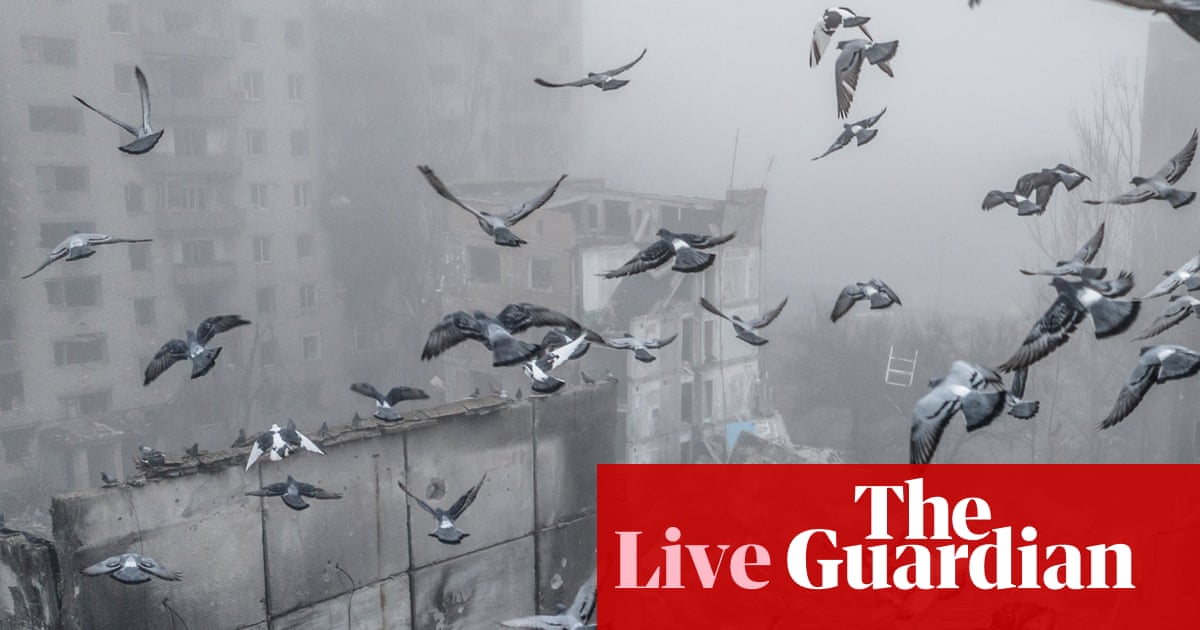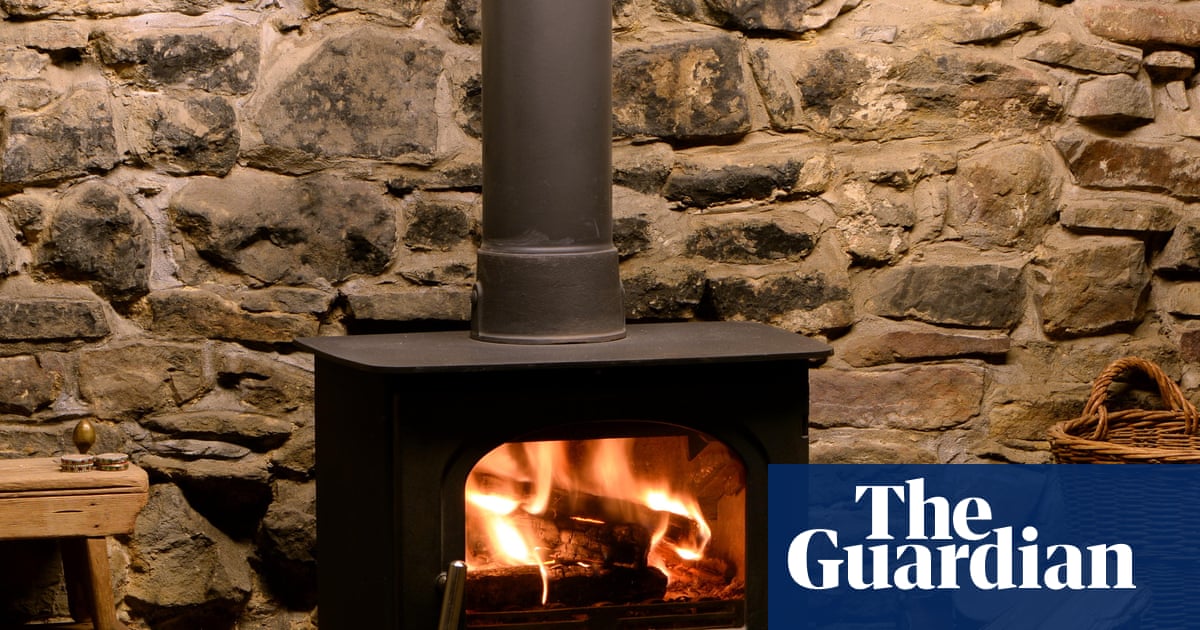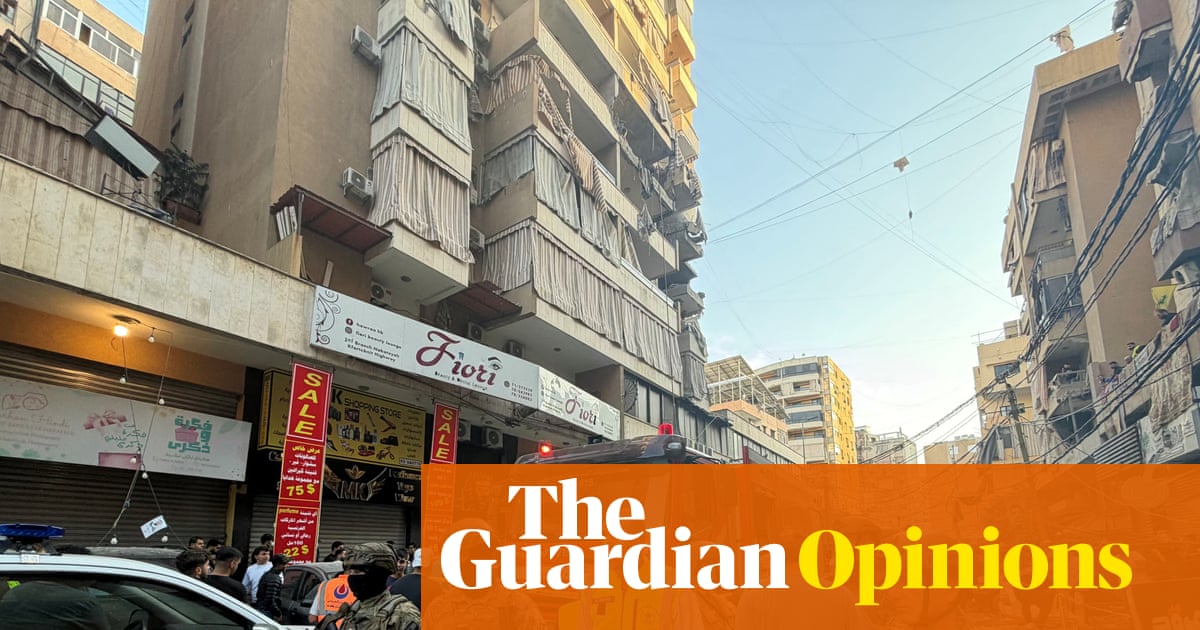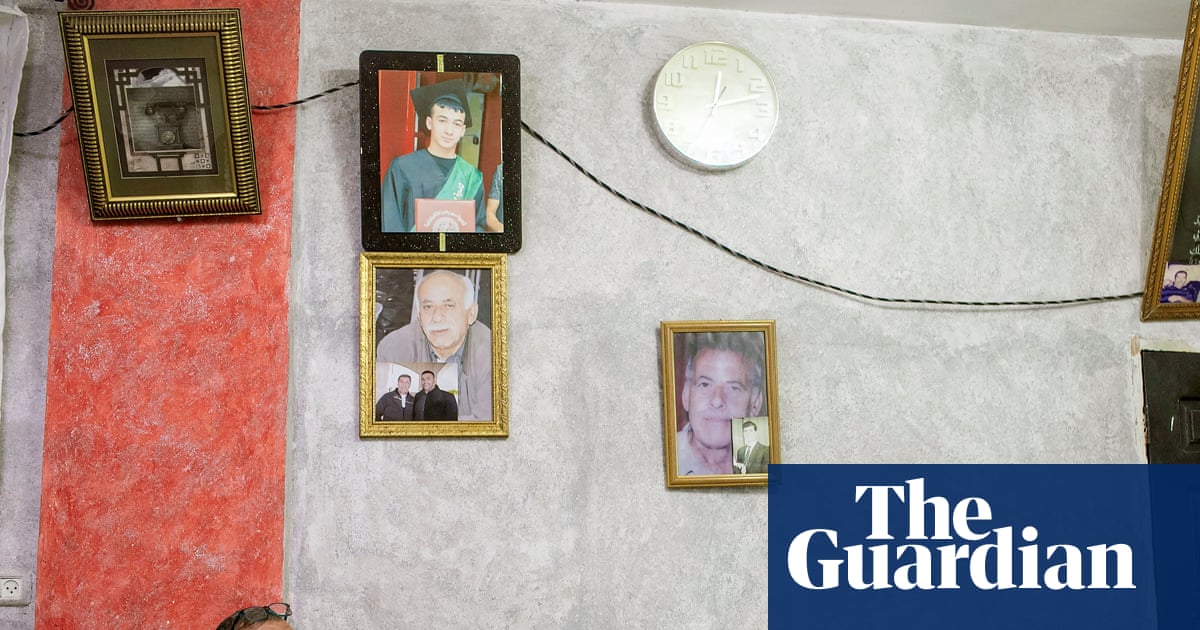Key events Show key events only Please turn on JavaScript to use this feature
Kevin Rawlinson
In case you missed the Guardian’s news piece about the Bell hotel high court ruling:
Keir Starmer’s asylum plans have been plunged into turmoil after a high court ruling blocked people seeking refuge from being housed in an Essex hotel.
Epping Forest district council was granted an interim injunction on Tuesday to stop asylum seekers from being placed at the Bell hotel, following continuing protests nearby.
Thousands of people, including some rightwing agitators, have gathered near the hotel in recent weeks after an asylum seeker living there was charged with sexually assaulting a 14-year-old girl in the town.
Ministers are bracing for dozens of legal challenges from other council leaders after the ruling. Home Office lawyers warned the court that the decision could “substantially impact” the government’s ability to house asylum seekers in hotels across the UK.
There were about 200 hotels housing about 30,000 asylum seekers at the end of March.
Insiders at the Home Office admitted the department had been left “reeling” by the ruling. The department is obliged to house asylum seekers until their cases are assessed.
Reacting to the judgment, the border security minister, Angela Eagle, said:
We will carefully consider this judgment. As this matter remains subject to ongoing legal proceedings it would be inappropriate to comment further at this stage.
Mr Justice Eyre granted the injunction after hearing the local council’s complaints that planning law had been breached in changing the site’s use.
Epping district council also cited disruption caused by the protests and concerns for the safety of the asylum seekers themselves.
Sitting at the Royal Courts of Justice on Tuesday, the judge agreed with the council that an urgent order was required to stop the hotel housing asylum seekers. He said the hotel’s owner, Somani Hotels, had until 12 September to comply.
'The very worst politicians' try to drive people apart, says security minister after Farage opinion piece
Security minister Dan Jarvis said he believes “the very worst politicians” try to drive people apart, when asked on Sky News about Nigel Farage’s opinion piece in the Telegraph on Wednesday about hotels housing asylum seekers.
Jarvis said:
I haven’t read Mr Farage’s op-ed, but I’ve always thought that the best politicians try and bring people together, and the very worst politicians try and drive them apart.
When asked whether the government plans to appeal against the high court’s decision on the hotel housing asylum seekers in Epping, Jarvis said:
Well, we’ll see where we get to with that specific decision. We’re looking very closely at it.
The bigger issue is how we can tackle the asylum backlog. We inherited a very significant backlog from the previous government who effectively stopped processing asylum claims. That’s why we rediverted the resources that had been put in place for Rwanda to ensure that we can process asylum claims much more quickly than was previously the case.
And I think the rate of processing is up by 116%, we’ve returned 35,000 people over the last year who don’t have a right to be here.
Security minister Dan Jarvis has emphasised that the Bell hotel in Epping, which a court ruled on Tuesday will have to stop housing asylum seekers, is a “very specific case” with “a longstanding history of concern”.
Speaking on Times Radio, he said:
This was a very specific case concerning a hotel which, since it opened to accommodate asylum seekers five years ago now, has been the subject to a lot of complaints and protests.
Indeed, there’s been considerable amount of legal debate about its location and use.
If you go back to November 2022 when it came into use for the second time as an asylum hotel – I think Robert Jenrick was the minister responsible for that, by the way – the local council at the time said it was planning a legal challenge over whether the local planning regulations had been followed correctly.
There is quite a longstanding history of concern about this particular hotel, and there’s been consideration of previous legal challenges going all the way back.
He added:
There is a short-term challenge to ensure that those asylum seekers who are here are appropriately accommodated, but of course the bigger-picture challenge is stopping people coming here illegally in the first place.
Government looking at contingency options for housing asylum seekers after Epping hotel court ruling
Security minister Dan Jarvis has said the government is looking at contingency options for where to house asylum seekers after a court ruled on Tuesday that they cannot live in a hotel in Epping, Essex.
According to the PA news agncy, he told Times Radio on Wednesday:
We’re looking at a range of different contingency options following from a legal ruling that took place yesterday, and we’ll look closely at what we’re able to do.
Asked whether other hotels housing asylum seekers have the proper planning permission, Jarvis said:
Well, we’ll see over the next few days and weeks. Other local authorities will be considering whether they wish to act in the same way that Epping [Forest] district council have.
I think the important point to make is that nobody really thinks that hotels are a sustainable location to accommodate asylum seekers.
That’s precisely why the government has made a commitment that, by the end of this parliament, we would have phased out the use of them.
Keir Starmer’s asylum plans have been plunged into turmoil after a high court ruling blocked people seeking refuge from being housed in the Essex hotel. Epping Forest district council was granted an interim injunction on Tuesday to stop asylum seekers from being placed at the Bell hotel, after continuing protests nearby.
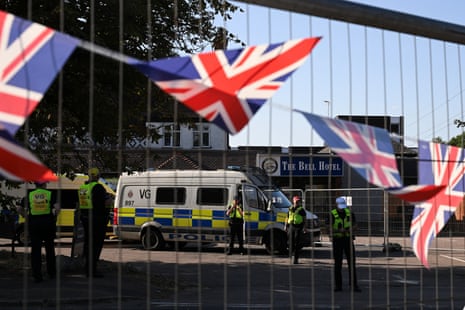
More on this story in a moment, but first here are some other developments:
-
The government has agreed a new deal with Iraq to return illegal migrants as part of wider moves to limit small boat crossings. The deal, signed by Home Office minister Dan Jarvis, will set up a formal process to return Iraqis who have arrived in the UK with no right to stay in the country.
-
The head of the British armed forces will tell his American counterparts the UK is prepared to send troops to defend Ukraine’s skies and seas but not to the frontline with Russia, as planning intensifies for a postwar settlement. Tony Radakin, the chief of the defence staff, will on Wednesday attend meetings at the Pentagon designed to finalise what 30 different countries are willing to commit to Ukraine’s national security.
-
UK inflation rose again last month to a higher-than-expected 3.8% amid higher food prices and travel costs, adding to fears that the Bank of England will delay further interest rate cuts. Figures showed the annual rate as measured by the consumer prices index climbed from June’s 3.6% reading, sitting above the central bank’s 2% target for the 10th consecutive month.
-
The UK Space Agency (UKSA) is set to be absorbed by Whitehall as the government seeks to cut the cost of bureaucracy. The agency will merge with Peter Kyle’s Department for Science, Innovation and Technology (DSIT) in April 2026, in a move the government said would cut “duplication” and ensure “clear ministerial oversight”.

 3 months ago
53
3 months ago
53
